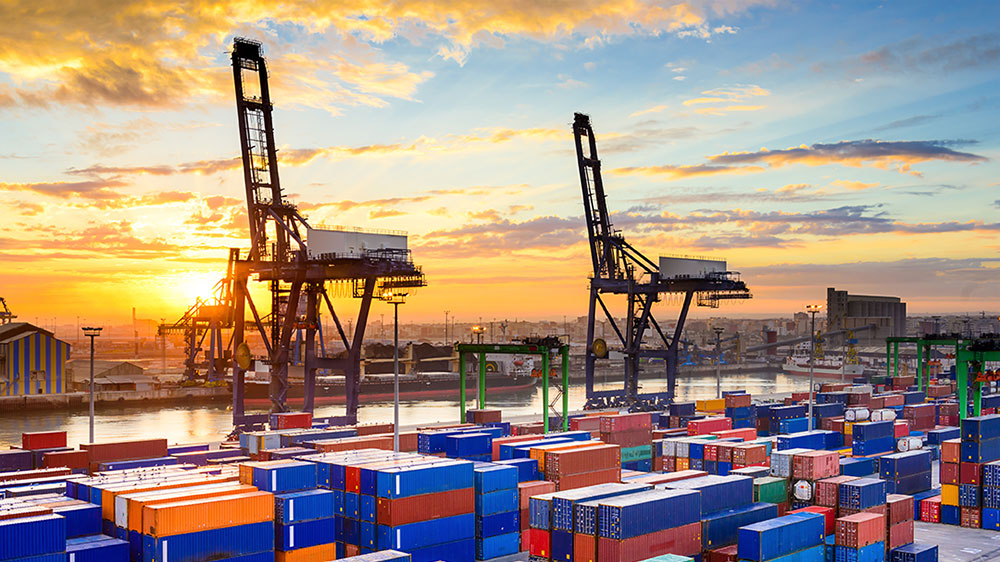The world of global trade is experiencing a transformation of a scale that can only be compared to the changes seen following the invention of the wheel or the airplane. Digital information has proven itself to be a key driver in the development of new processes and new business opportunities. The digital revolution is transforming world trade; businesses are now available 24×7, no physical stores are required, and cross-border presence is no longer the domain of the rich. In doing so it is opening the doors to ever-smaller businesses, allowing them to engage in international trade and grow into multi-national retailers. Digitalization has also lowered overall costs, removing the need for physical stores and bringing transaction costs down to levels that have never been seen before.
Small businesses are going global
Up until recently, only a small portion of all businesses have engaged in international trade in any way, but companies like eBay, Amazon and Alibaba have revolutionized this, opening up the doors to millions of potential new firms. Statistics from eBay show this in Chile, 100% of companies selling on their platform exported their products. Similar stats are also true for other developing countries such as India, South Africa and Thailand.
Traditionally, even firms that did export their products only sold into two of three markets. These days, new entries are selling to dozens of countries. Once again, eBay’s data shows that in South Africa all sellers on their platform exported to an average of 29 different markets. That’s an astounding difference from just a few years ago.
Thanks to the increase in small businesses and the drop in overall logistics costs, we are also seeing a significant change in the size and variety of goods people are shipping. Historically, it was not viable to ship small quantities of anything, now we are seeing ever-more small parcels shipped through postal services and aggregators such as forwarding services. Where once we saw a container load of clothes being shipped, now we frequently see individual garments.
Go digital or lose!
If they are going to survive in the digital-age, businesses need to reconsider their trading environment and tailor it for the modern era. They need to ensure that they have well developed IT infrastrucures, are utilizing e-commerce stores, managing their documentation electronically, and taking online payments. Online skills and understanding within businesses is a must-have, and failure to embrace this will ultimately result in the collapse of the business.
In recent years e-commerce sales have soared. In 2015, overall B2B transactions totalled US$ 19.9 trillion and total online consumer trade equated to US$ 2.2 trillion. These numbers are only predicted to rise further in the coming years.
Challenges to the export business
Despite so much new cross-border trade taking place, there are inevitably still challenges that many business face. Companies still face traditional red-tape and controls such as customs paperwork and trade compliance. In a recent survey by the Nextrade Group over half of respondents found such market access barriers a very significant obstacle within their business. While around forty percent raised challenges with their logistics provider as a major challenge. With so many permutations existing within the various trade arrangements, rules of origin, etc. how do they handle this?
Modern trade management solutions are slowly coming to the market and logistics companies are also beginning to step-up and offer value-added services to provide a solution to these challenges. Both of these approaches utilize digital technology; this time to bring people together, align planning and execution, and provide accurate and up-to-date documentation and analytics.
If this is subject that interests you learn more from industry experts APL Logistics in our on-demand webinar Trade Management in the Digital Economy. Or if you’d like to talk with us further about your trade and logistics challenges, then reach out to us and see for yourself how we help organizations tune their business ready for a digital future.
